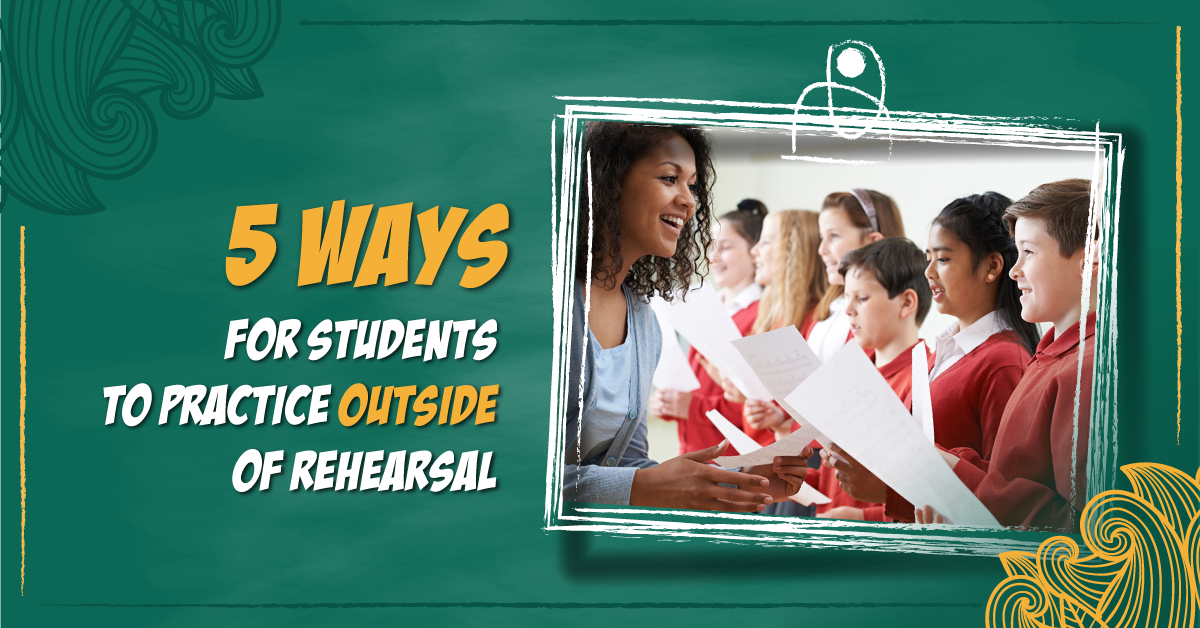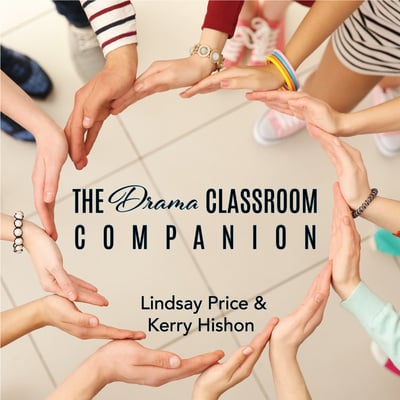Agatha Rex by Lindsay Price is a bold high school take on Antigone - packed with heart, conflict, and a powerhouse ensemble. One girl. One stand. One huge risk. *NEW COMPETITION VERSION AVAILABLE!*
5 Ways for Students to Practice Outside of Rehearsal
Rehearsal time is precious–there’s usually never enough of it–so when rehearsing a school production, you and your students will want to use your time together as effectively as possible. Practicing outside of your designated rehearsals is absolutely essential to help students succeed!
Here are five ways that students can practice outside of rehearsal, so that they can maximize their in-rehearsal productivity:
1) Prepare in advance
Students should look ahead on the rehearsal schedule and review material in advance. If the plan for next rehearsal is to block Act 2, Scene 4, students should review their lines and cues ahead of time, so they’re fresh and familiar. When students get to rehearsal, they should be ready to work.
Please note – unless they are specifically told to, students should not memorize their lines prior to rehearsal. Directors will most likely have a certain vision for how the student’s character will be portrayed, which might not be the same as what the student prepared. It can be difficult to undo the work that a student has already done.
2) Use technology
It’s the rare student who doesn’t have a smartphone these days. Phones can be distracting; but when used creatively, they can be useful rehearsal tools. Students can film themselves performing and then watch it back critically, looking for tics or bad habits like slouching, mumbling, or playing with their hair. Students might also wish to record dance or combat choreography to watch later while practicing at home, as a video reference.
Students can also use a voice-recording app to review their lines. Have students record themselves saying their cue lines and leave spaces in between for their actual lines. Then, have students play back the recording and recite their lines aloud along with the recording.
3) Get together with a group
Encourage students to get together with their friends to work on their theatrical pieces outside of rehearsal. This helps students to not only review their work but also bond with their castmates. It’s fun to get together with friends and practice – why not socialize and get some review in at the same time? Students could do line runs, plunk out notes on the piano, review choreography, watch a film adaptation, listen to the cast album…
4) Mix up learning styles
There are three main learning types – visual, auditory, and kinesthetic. Visual learners might read and re-read their lines, or copy them out onto cue cards or post-its and put them up where they can read them all the time (like on the bathroom mirror while brushing your teeth). Auditory learners might record themselves saying their lines and listen to the recording over and over, or listen to the cast recording of the show rather than read the sheet music. Kinesthetic learners need to get up and get physical – actually walk through the blocking while reviewing lines, get up and do the choreography over and over, or practice while doing another activity, like working out or going for a walk. If students feel that they’re stuck or like they have hit a roadblock with their review, encourage them to try a different learning style on their own time.
5) Make healthy choices
Performing is very physical. It’s important for students to keep themselves in good health both physically and mentally, so they are able to focus in rehearsals and performances. Encourage students to take care of themselves by eating nutritious food, drinking tons of water, getting some exercise and stretching, and getting lots of sleep. Remind them to plan their schedules ahead of time, so they can keep up with their studies and not feel stressed about balancing rehearsals, homework, and the rest of their lives! It’s also a good idea for students to be aware of what other activities they’re involved in and make smart choices – just before show week might not be a good time to take up any extreme sports or scream their guts out at a concert!
Related Articles
The Drama Classroom Companion
by Lindsay Price & Kerry Hishon
The Drama Classroom Companion is filled with articles and exercises to build the skills needed for theatrical performance as well as real world skills like creative thinking, critical thinking, collaboration, and communication.
The Rehearsal Companion
by Kerry Hishon
You’ve chosen the play, paid the royalties, done the script analysis, held your auditions, and cast the show. Tomorrow is the first rehearsal. Are you ready? Really ready? The Rehearsal Companion can help!





